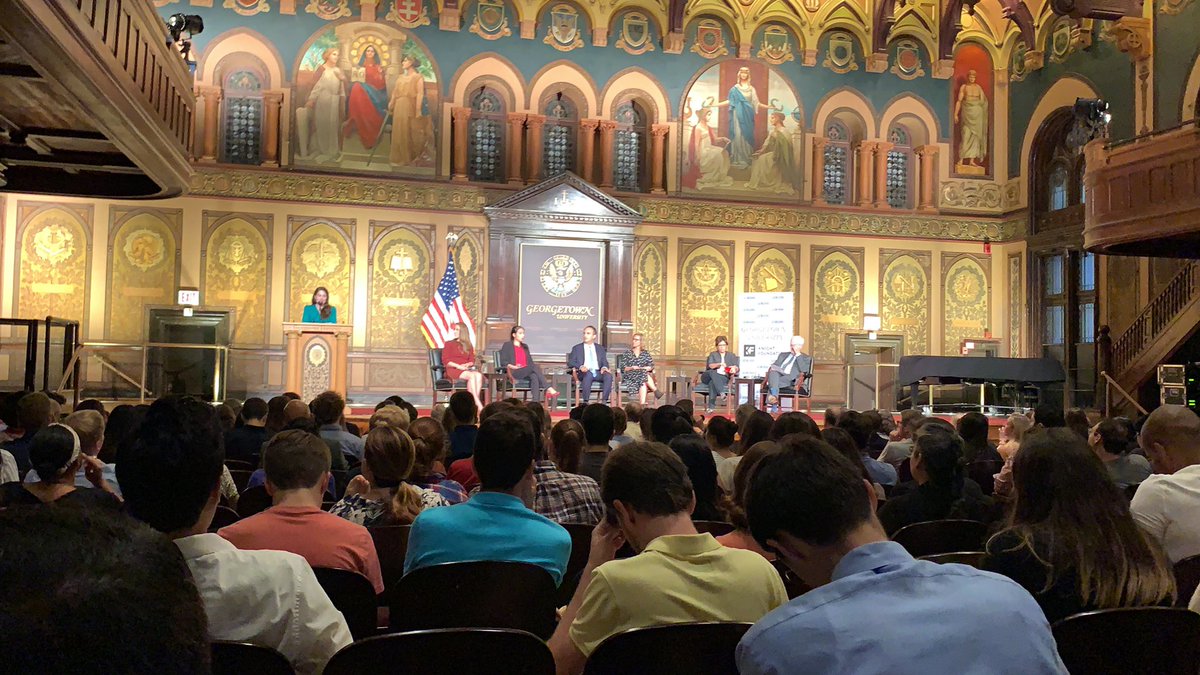
You may be asking, "Wait, the FTC vote on the Facebook case was 3-2, but where are the dissents?" I am! Well, there are two possibilities. SHORT THREAD.
1) Sometimes dissenters don't post out of courtesy to staffe. That's more common in low-stakes cases. Seems unlikely here.
2) More likely, dissents are being delayed because staff is putting the dissenting commissioners' statements through the ringer, pushing hard to remove anything that could be used against the FTC's case in court.
Internal staff memos lay out facts that both support and undermine the case. But facts that undermine the case rarely make it into the complaint. Yet if dissenting commissioners want to cite such facts, they are often told that such facts are non-public data about the defendant.
You heard that right, dissenting commissioners are frequently prohibited from citing facts to support their dissent in order to "protect" the defendant. It leads to weird, one-sided public conversations in cases like this.
But we'll just have to see if @FTCPhillips and @CSWilsonFTC release statements. I hope so!
• • •
Missing some Tweet in this thread? You can try to
force a refresh




